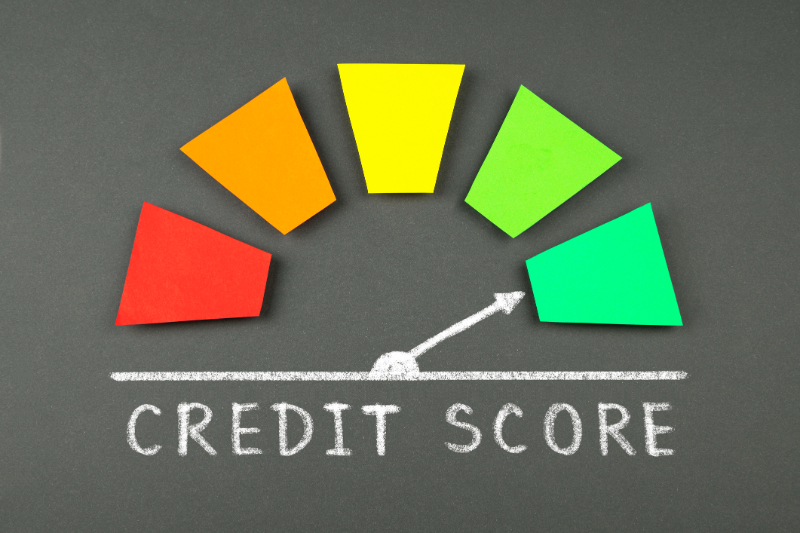
Credit scores play a key role in helping one reach one’s financial goals. They determine whether a person is qualified to borrow from a lender based on credit history, ability to pay debt, and others.
Lenders rely on credit scores to look into a person’s history of borrowing and repaying loans within a certain time frame.
What are FICO scores?
A lot of financial companies use the credit score model developed by Fair Isaac Corporation, now known as FICO. The FICO score is still the most popular when it comes to credit scores.
Lenders use FICO scores plus other details in credit reports to evaluate the credit risk of an applicant and decide whether a person qualifies for a loan or not. Scores can be anywhere from 300 to 850, with 670 to 739 considered to be of good credit standing.
A good credit score
A higher credit score means a borrower is more likely to pay promptly and less likely to default on financial obligations.
- A 700 or up credit score is good
- 800 or up is excellent
- Most credit scores are between 600 and 750
Creditors can set their own standards about good or bad credit scores.
Factors affecting credit scores
Whatever these standards are, some factors remain the same in swinging things for or against an applicant. These are:
- Payment history. Paying credit on time improves scores. Skipping payments, a collectible account, or filing bankruptcy ruins it.
- Use of credit. This involves a person’s account balance, debt, and portion of credit limit used for revolving accounts.
- Credit history. This is the average age of credit accounts, including length of the oldest and newest accounts.
- Kinds of accounts. Also known as credit mix, this involves installment accounts (e.g., mortgage loan and car loan) and revolving accounts (e.g., credit cards). Proving that you can use both accounts judiciously boosts scores.
- Recently opened accounts. This factors in accounts you recently opened or want to open.
Improving credit scores
Boost credit scores and get that dream home by:
- Honoring the minimum payment and settling debts on time
One late payment can mar credit scores since it will show on the credit report for seven years. Prevent problems arising from a missed payment by reaching out to creditors as early as possible so they can offer viable options.
- Maintaining low credit card balances
Keeping credit utilization rate, or the portion of available credit that is being used at a minimum, boosts scores. People with high credit scores maintain a single digit utilization rate. Never close a credit card account. Better to have a low utilization rate than a closed card.
- Opening accounts registered in credit bureaus
Make sure that credit account – whether it’s for a home, auto loan, and new credit card – forms part of your credit report.
- Applying for credit only when needed
A new account application can lead to hard inquiry, or a look into a full credit report. This could lead to a credit score drop. Applying for various kinds of loans or cards in such a short time can also mean a big drop in credit score.
Checking credit scores
Do this before applying for a loan or credit card to check the likelihood that the loan will be granted. If not, the applicant can boost their score early on.
There are many ways to check credit scores. The bank, credit union, or credit card company can also do this for free.
Shopping for a home in Wenatche, Leavenworth, Cashmere, and Lake Chelan in North Central Washington? The Coldwell Banker Real Estate team will be happy to help. Call 509.888.8887 or drop us a line at info(at)cbcascade(dotted)com.
